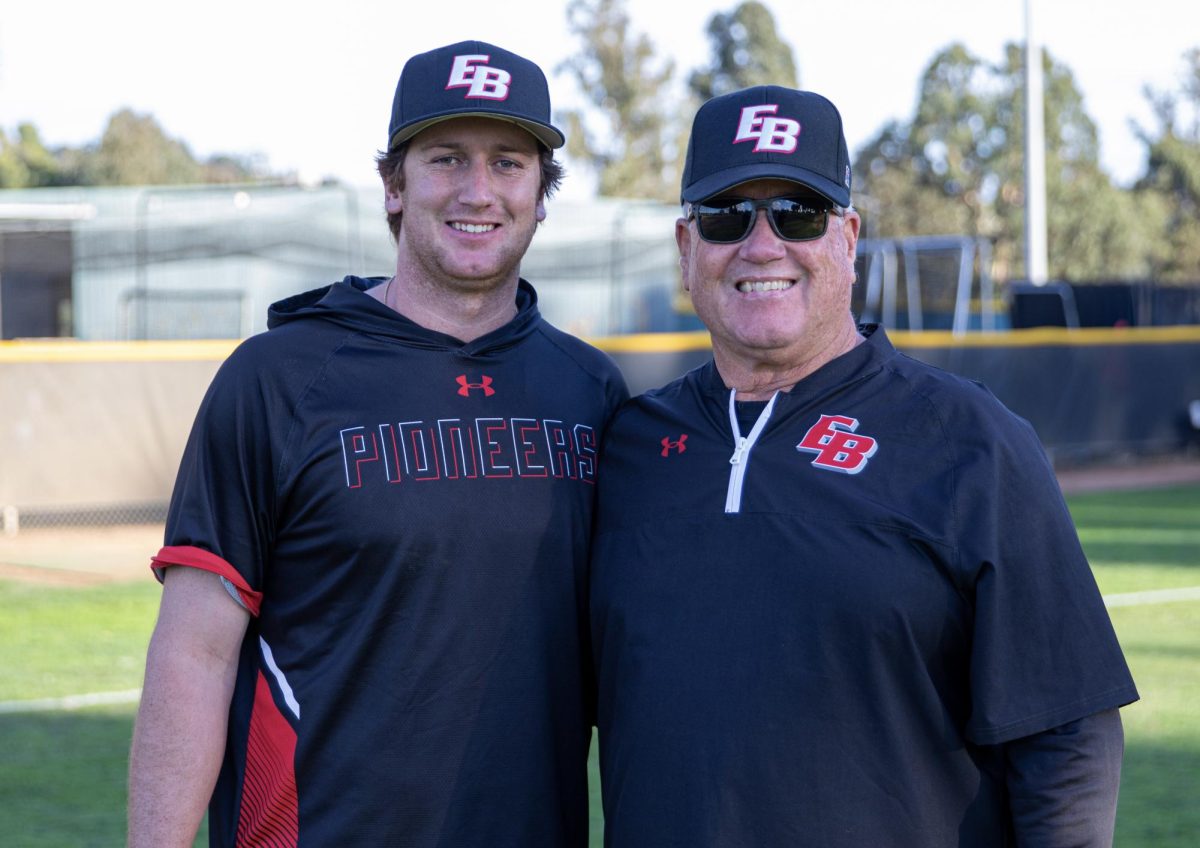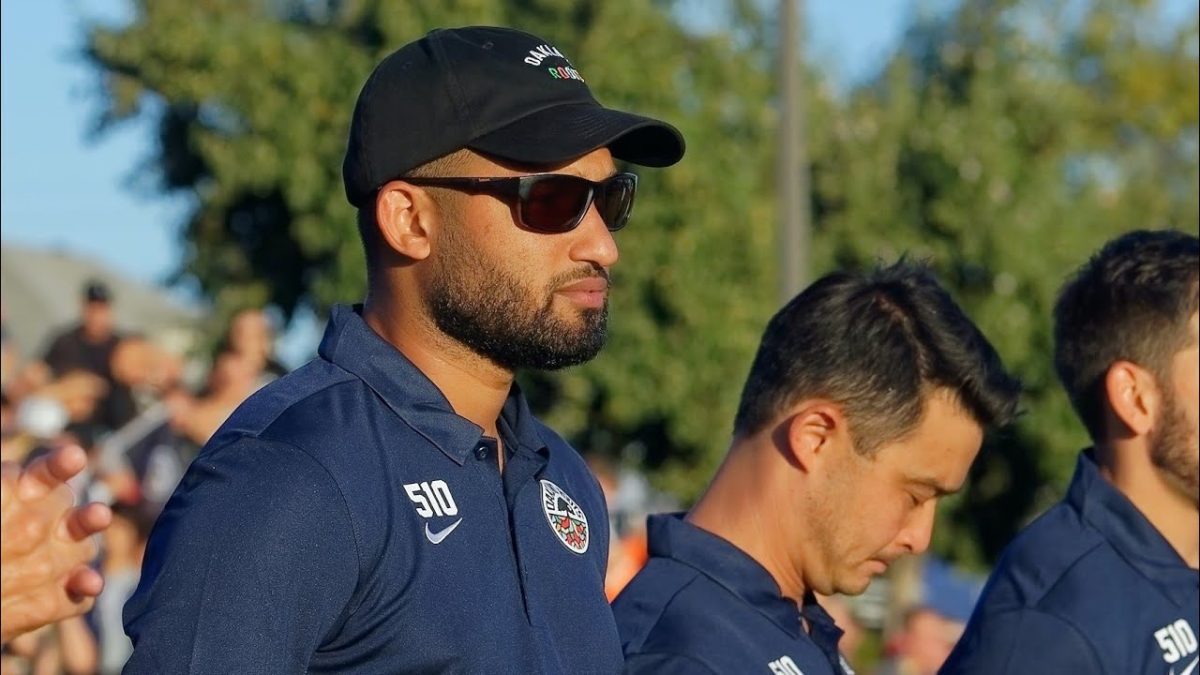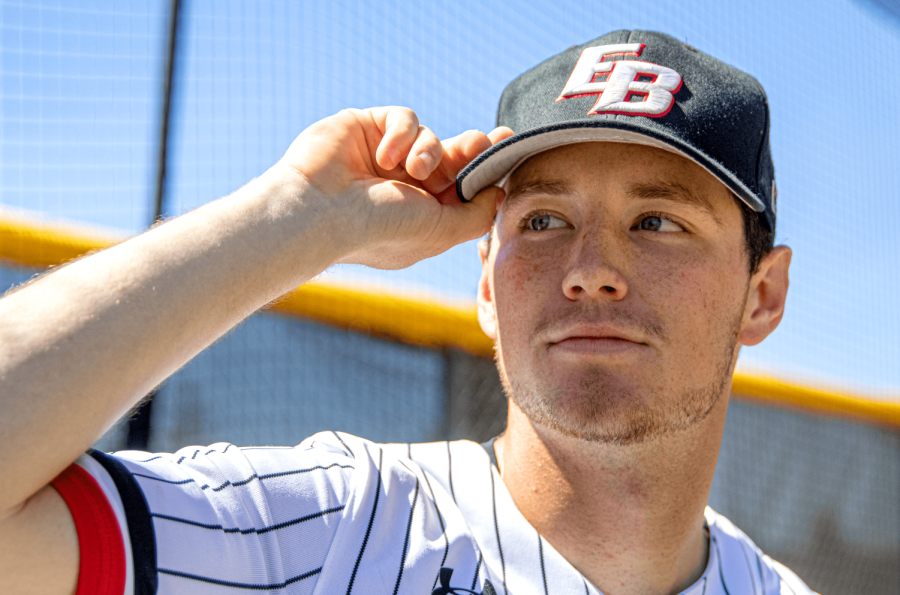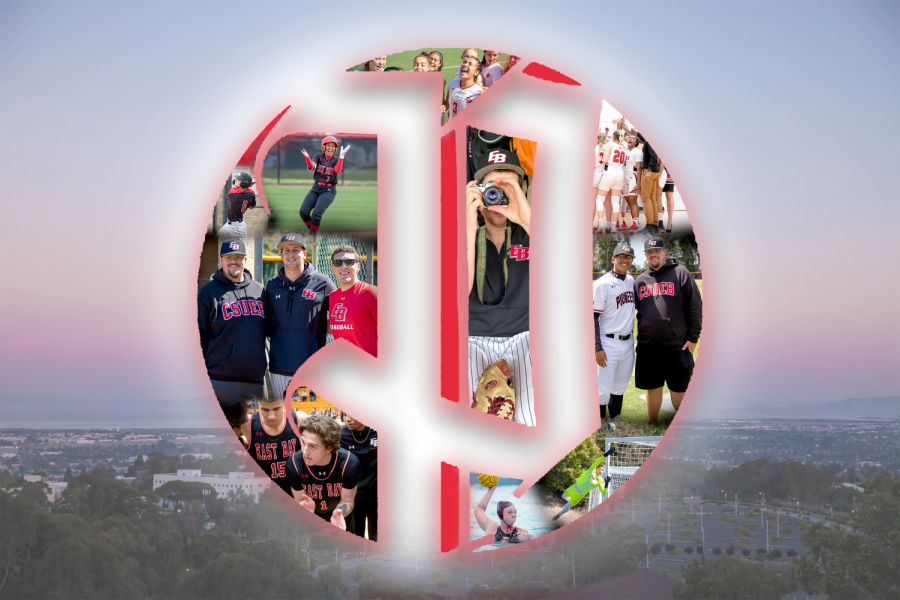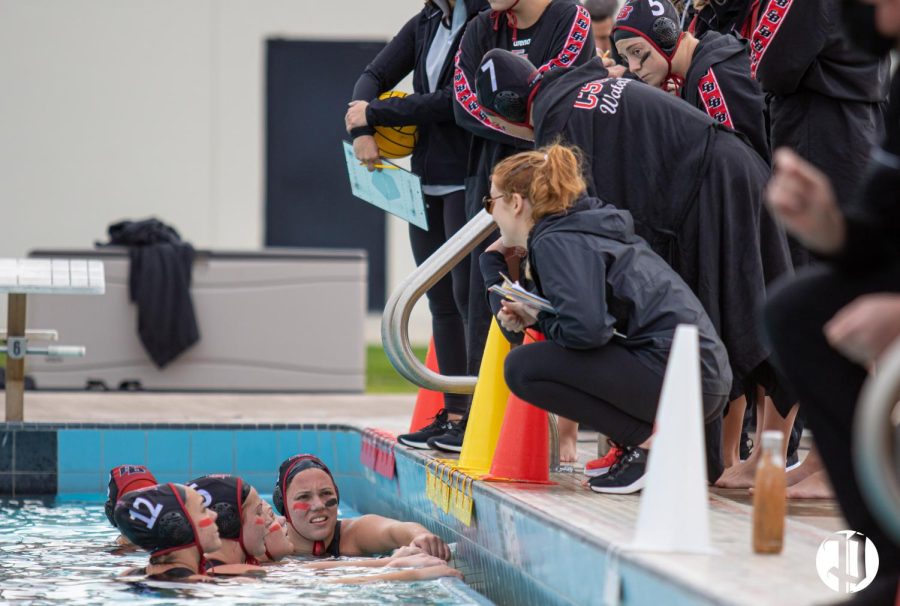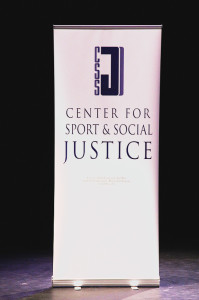 Cal State East Bay hosted a panel of three experts on the benefits, costs and problems that come with collegiate sports as well as their effects on the university and the students.
Cal State East Bay hosted a panel of three experts on the benefits, costs and problems that come with collegiate sports as well as their effects on the university and the students.
Doctor Cindy J. Chang, Billy Hawkins Ph.D., and Murray Sperber Ph.D., were the experts that spoke about this issue. Each came with their own unique expertise.
Chang was once the head team physician for UC Berkeley, one of the first female head physicians to take care of the sport of football as well as the Chief Medical Officer for the U.S. Olympic Team.
Chang, who resigned as head team physician at UC Berkeley, began to notice a very large gap in healthcare and overall health from the high school kids coming to college and the current college and Olympic athletes she oversaw.
“Athletes were coming in from high school to the college level and many of them had not received the healthcare that they needed and had not received the guidance that they needed,” said Chang at the panel. “I really wanted to make a difference at the high school level and younger in terms of education awareness and in doing that I founded the California Concussion Coalition.”
The California Concussion Coalition, which was founded in 2007, is focused on solving the concussion crisis in athletes. Their goal is to help treatment and more importantly prevention when it comes to concussions.
Hawkins is a University of Georgia professor in Kinesiology. He is published widely on the issue of college sports, specifically retention and graduation rates in African American student athletes.
Hawkins, a former athlete and coach, emphatically prefaced his criticisms of college sports with the fact that he still has a love for it.
One of the major problems in collegiate sports that he thinks needs improvement is in the field of academic fraud and neglect with African American athletes.
“My major criticism is academic fraud,” said Hawkins. “Where a lot of athletes are being recruited and, not that they can’t do the academic work, but many of them are unprepared and they are thrown into very rigorous academic programs throughout the country.”
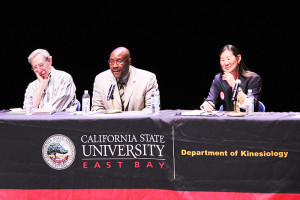
about their isssue with intercollegiate sports.
Hawkins referenced a very common NCAA commercial that states that out of the 480,000 college athletes that will “go pro” in something other than sports but Hawkins sees a very large flaw in that.
“I tend to look at black athletes in particular … less then one percent of the 480,000 athletes made 90 percent of the NCAA’s revenue,” said Hawkins, who sees that one percent being taken advantage of by the NCAA. “They are not benefiting similar to the NCAA, they are generally graduating on average 20 percentage points less then their peers and that’s where the academic fraud and academic neglect comes in.”
Sperber is a Professor Emeritus of English and American studies at Indiana University. Since 2008, Sperber has been a visiting professor at the graduate school of education at UC Berkeley. He has written several books on college sports, most recently about how college sports is a problem for education.
Sperber, who has been studying and researching the hidden and huge costs of intercollegiate athletics for over 25 years, believes that it costs colleges quite a bit.
“The money generated by big time football and basketball is enormous but it turns out its nowhere near enough to cover the cost that an athletic department incurs every year,” said Sperber. “In fact the NCCA admits, only five or six athletic departments in this country break even or make some profit. Out of the more then thousand schools playing college sports it’s a money losing proposition.”
The panel referenced several huge problems with collegiate sports and the universities thoughts towards it. The biggest problem they see as a group is the idea that sports are more important than the athlete themselves and especially their education.
They mentioned infamous former NFL player, Dexter Manley, who embarrassingly admitted at the age of 30 that he could barely read.Despite attending Oklahoma State University for four years.
“They are there to win games,” said Sperber. Sperber sees the battle between athletics and education as an on going problem.
Despite people such as Hawkins, Chang, and Sperber, all across the country, the problems collegiate sports have and create seem to be a never-ending dilemma with no end in sight.






